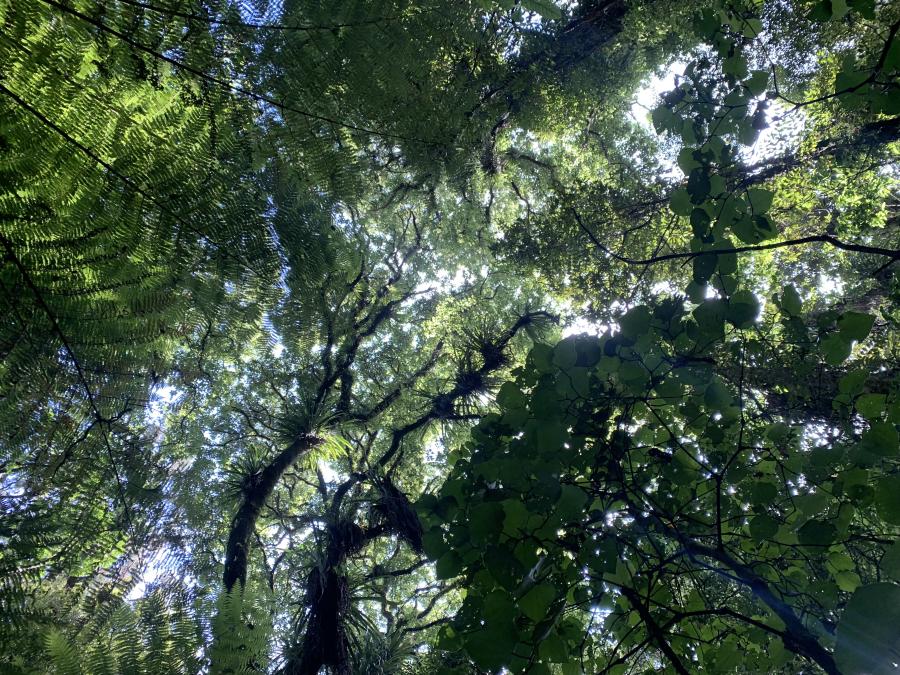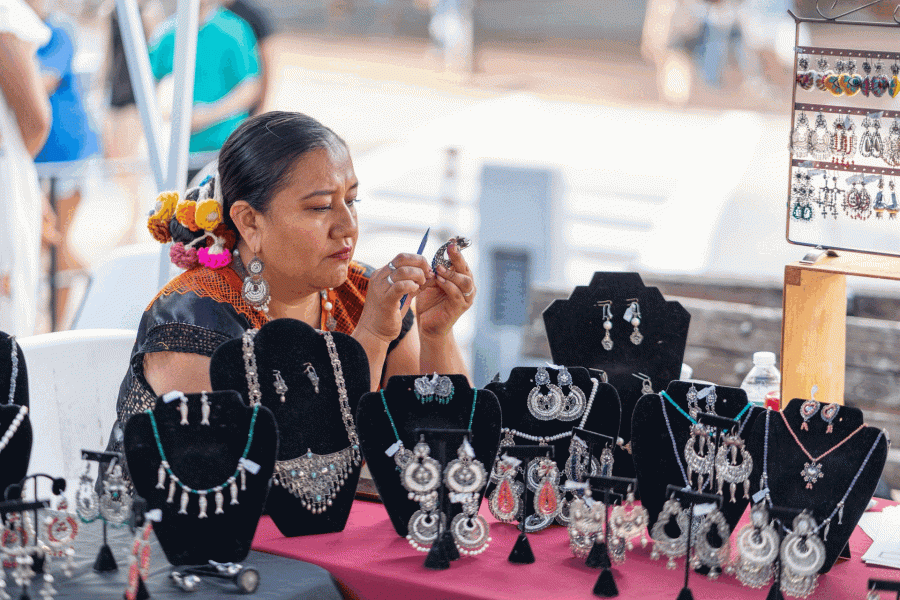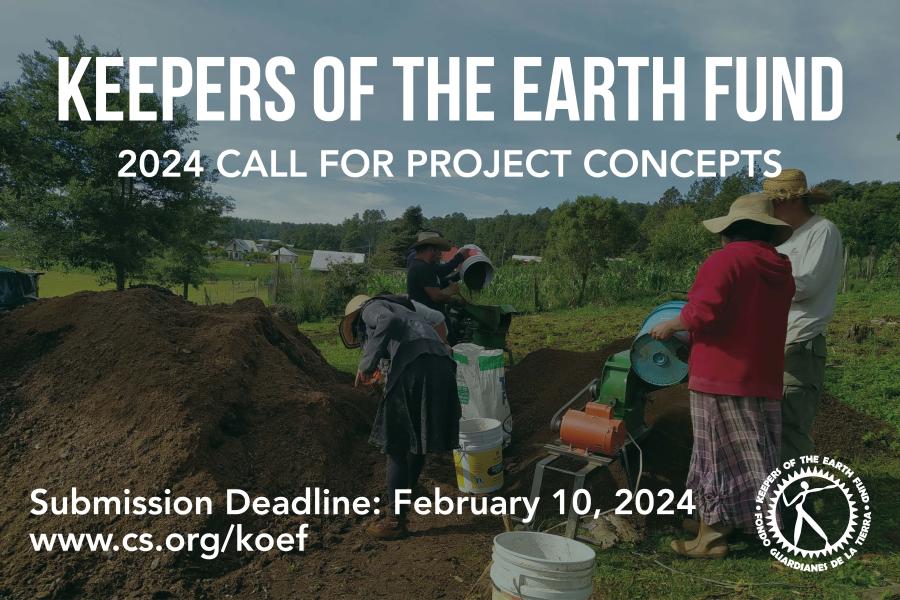Ellen Lutz interviewed Pacifique Mukumba-Isumbisho of the Centre d’Accompagnement des Autochtones Pygmees et Minoritaires Vulnerables (Support Center for Indigenous Pygmies and Threatened Minorities) during July’s session of the U.N. Working Group on Indigenous Populations.
What has the U.N. International Decade of the World’s Indigenous People meant to the pygmy peoples in the Democratic Republic of Congo (DRC)?
Pygmy peoples in the DRC have heard about the International Decade and have received some funds, for example to establish a small magazine, but in truth the Decade has not made much of a difference in their lives. The challenges they face are enormous. Most pygmies cannot read or write, thus they have almost no means for communicating with others, including the government. In addition, they are facing conflict on three levels: (1) internal conflict among different groups, and within groups over differing philosophies of how to deal with the outside world; (2) external conflict with other ethnic groups in Congo, and with economic predators who want to extract the resources found in their forests, including timber; and (3) armed conflict that has become endemic in the part of the DRC in which they live.
On the other hand, the International Decade has made it possible for some pygmy representatives to meet government officials for the first time. While talking to officials is nearly impossible within the DRC, by getting funds to participate in U.N. meetings like the Working Group on Indigenous Populations, pygmy representatives have the opportunity to meet with DRC officials in Geneva or New York. As a result of one meeting in New York, international representatives of the DRC government promised to defend before Parliament two laws that would limit mining and forestry on pygmy lands. That legislation is now pending. DRC officials also are beginning to gain awareness of International Labor Organization Convention 169 and the rights it protects.
But when you compare the amount of money spent on U.N. conferences with the impact on the ground, the outcome is grossly disproportionate. There needs to be a shift so that far more international resources reach the grassroots.
Assuming there is a second International Decade, how would you like international resources benefiting indigenous people to be spent?
I think the greatest priority is education. Up until now, the U.N. has said that education is not part of the International Decade framework. But without education, pygmy peoples are not in a position to represent themselves. Representation and political participation will be crucial to ensuring that laws to protect pygmies are put in place in the DRC, and that they are enforced at the local, regional, and national levels.



